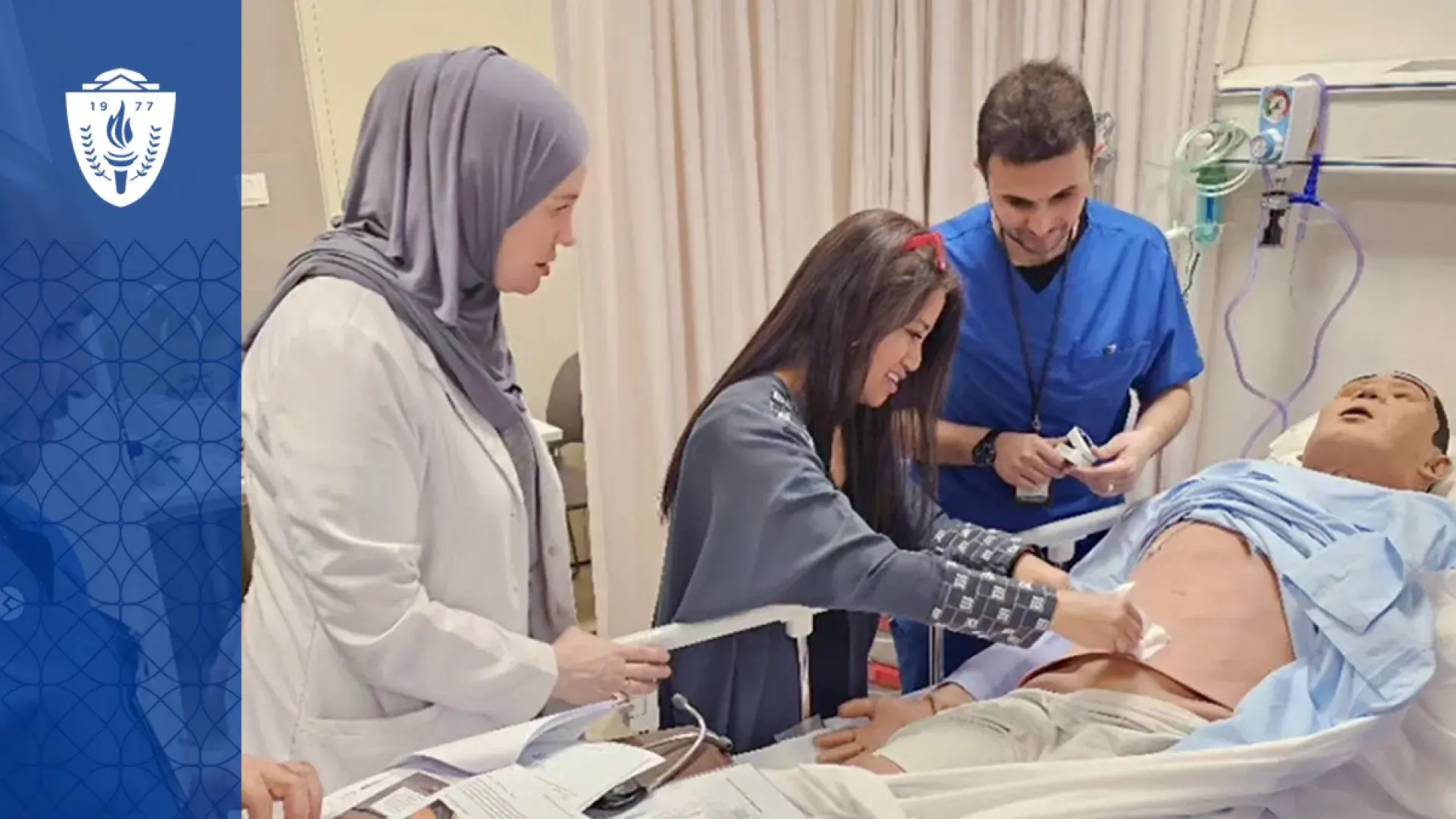
Health Professions educators, medical educators and nursing educators play pivotal roles in shaping the future of healthcare by preparing clinicians for the complexities of their fields. This article explores the day-to-day experiences of these educators, highlighting challenges, responsibilities, and the profound impact they have on the practice of healthcare.
First part of the workday: A Foundation for Success
Setting the stage for a “workday” filled with teaching, learning, and engaging with students. The first part of the day is typically spent:
- Leading Teaching Rounds: Ensuring content is current with the latest evidence and applicable to the cases for the day.
- Engaging with Technology: Utilizing educational technology to organize and enhance learning and materials for students.
- Preparing for Teaching: Tailoring interactions to meet the educational needs of students in medical education, nursing education, and other health professions education programs.
Second part of the workday: Active Learning and Teaching
- Conducting Mini lectures: Delivering content on complex healthcare topics in an understandable and engaging manner.
- Supervising student clinicians: Overseeing students in clinical settings, guiding them through practical experiences essential for their professional development.
- Coaching and Mentoring Students: Providing mentorship, feedback, and support to students, addressing their academic and professional concerns.
A highlight of the midday activities is the educators' role in facilitating hands-on learning experiences and coaching students through their learning processes. These experiences are crucial in health professions education, as they bridge gaps in theoretical knowledge and practical applications.
Third part of the workday: Continuous Engagement and Professional Development
Post-teaching hours are no less busy, with Health Professions Educators engaging in a variety of tasks, including:
- Curriculum Development: Collaborating with colleagues to review and enhance educational programs, ensuring accreditation standards are met, and students are prepared for autonomous practice.
- Professional Development: Participating in seminars, workshops, and conferences to stay updated with the latest educational strategies and healthcare innovations.
- Research: Contributing to scholarly work, enhancing the body of knowledge in health professions education.
Final part of the workday: Reflection and Planning
The day winds down with educators reflecting on the day's achievements and challenges, including:
- Planning for subsequent sessions: Researching and preparing content based on student learning needs.
- Personal Study: Engaging in personal academic pursuits to further deepen expertise.
A career in Medical Education, Nursing Education or Health Professions Education requires continuous learning, challenges, and significant rewards. Educators are instrumental in molding the healthcare professionals of tomorrow, guiding them through the complexities of patient care and medical ethics. At the IHP, you can join a program with a proven track record, where mid-career, part-time students publish in top peer-reviewed journals and secure promotions and leadership opportunities.
